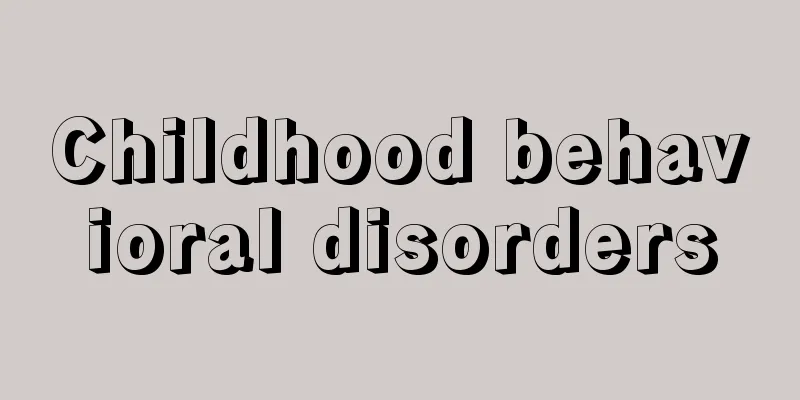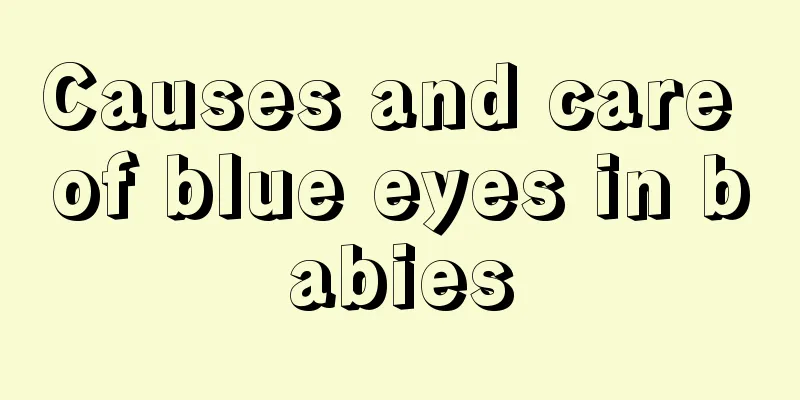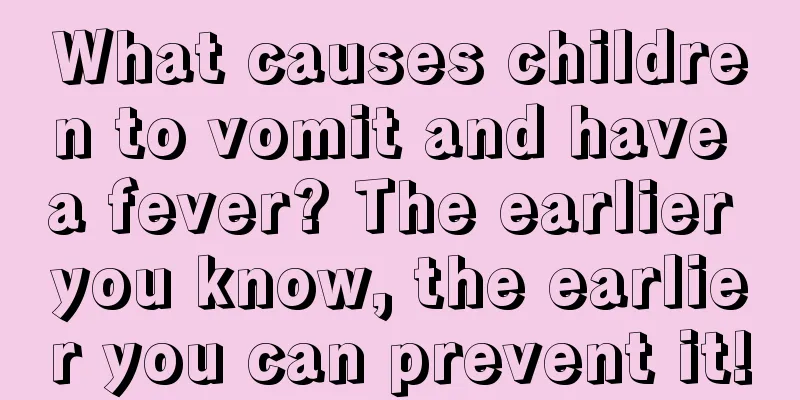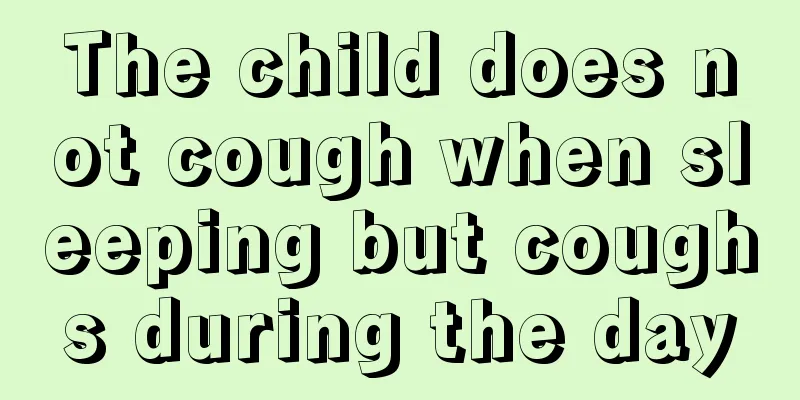Childhood behavioral disorders

|
Every child is the apple of the parents’ eyes, and I believe your child will always be on your mind as well. Then, the child’s problems will not be small problems. In recent years, our surveys have shown that children's behavioral disorders have become a disease that poses major problems to children's physical health, but many parents do not have much understanding of children's behavioral disorders, which can lead to major cognitive errors when children show symptoms. Please read the following introduction patiently to provide extra protection for your child's health. A variety of behavioral and emotional abnormalities occurring in children and adolescents before the age of 18. Children's behavioral disorders include two aspects. One is the common physiological and psychological behavioral deviations of children, such as enuresis, anorexia, picky eating, night terrors, sleepwalking, stuttering, etc.; some are habitual actions, such as sucking fingers, biting nails, and habitual tics (such as habitual blinking, smacking lips, turning the head, shrugging, etc.). Children’s bad social behavior is considered conduct disorder, not behavioral disorder. Emotional disorders in children refer to abnormal emotions in children, such as excessive shyness, fear, anxiety, and rage attacks. Behavioral disorders and emotional disorders are common among children and usually improve on their own as they grow older. We should correctly understand and deal with these phenomena to promote the healthy physical and mental growth of children. The causes of behavioral disorders in children include: ① Most are related to temporary physiological or psychological developmental delays. For example, most enuresis will disappear naturally with age and maturity; ② Behavioral disorders such as nail biting and habitual tics are habitual in nature. They occur occasionally at first, but gradually become fixed and form habits due to continuous reinforcement; ③ The occurrence of behavioral disorders such as anorexia, picky eating, and finger sucking is related to adverse environmental influences and improper upbringing; ④ A few behavioral disorders are the result of organic diseases. For example, less than 10% of children suffer from enuresis. Common organic causes include occult spina bifida, bladder and urethra developmental abnormalities, or chronic inflammation. The treatment of childhood behavioral disorders emphasizes the joint efforts of doctors, parents, and teachers. Improving the environment and educational methods often produce positive results. Behavioral therapy has a good effect on enuresis, stuttering, and habitual movements. Drug therapy has auxiliary value, such as imipramine is sometimes effective in treating enuresis. Children's emotional disorders are often dominated by a single symptom, which is relatively mild and often improves on its own as they grow older. Symptoms: ① Excessive shyness. ① Afraid of meeting strangers, afraid of new environments, blushing easily, crying easily, timid, reserved, and withdrawn in behavior; ② Emotional instability. Easily irritable, loses temper when things don't go your way, cries and screams, destroys things, rolls on the ground, and in severe cases also has gasping attacks, which may be accompanied by cyanosis and convulsions; ③ Excessive fear. Many young children are afraid of the dark, strangers, animals, thunder and lightning, ghosts, etc., but these conditions will improve as they grow older; if the fear is severe and lasts for a long time, causing distress to the child and his parents, it is an emotional disorder; ④ Some children are easily troubled and nervous; some may develop separation anxiety, which is an anxiety reaction caused by separation from their loved ones. The children are attached to their parents, never leave their side, refuse to go to kindergarten or school, and may experience physical symptoms such as headaches, nausea, and vomiting. The occurrence of emotional disorders in children is usually related to mental stimulation, such as parental divorce, death of loved ones, fright, harsh environment, etc. Chronic physical illness and certain temperamental factors can increase the susceptibility to emotional disorders. Treatment includes adjusting the environment, correct education, behavioral therapy and psychotherapy. Most children do not need drug treatment. |
<<: Causes and treatments of ringworm on children's face
>>: Hearing impairment in children
Recommend
Three-year-old boy cannot speak
We will find that children start to talk when the...
What to do if your baby coughs
All parents know that when a baby is sick it is t...
Baby's developmental indicators at 5 months
We all know that many babies are in unhealthy con...
Six-year-old child has pain in the knee
Six years old is the critical period for children...
Treatment of pneumonia in children
We all know that infants and young children are t...
How to correct stuttering in children?
Children are very curious, so when they see other...
Can children drink pure milk?
It is helpful for children to drink some pure mil...
Treatment and prevention of vulvovaginitis in young girls
Many people believe that vulvovaginitis only occu...
What to do if the child has a low temperature of 35 degrees
Under normal circumstances, a child's body te...
Care for neonatal omphalitis: these six points should be kept in mind
Newborns are more likely to suffer from omphaliti...
Can steamed oranges cure children’s cough?
Using steamed oranges to treat children's cou...
Is it good for babies to drink chrysanthemum crystal when they have internal heat?
Now our living conditions have improved. We no lo...
What should I do if my baby has a fever and black stools?
This is a condition that is very easy to occur in...
Clinical manifestations and treatment of ventricular septal defect in babies
Ventricular septal defect is a common congenital ...
What to do if a 6-year-old child refuses to eat
Six-year-old children have already started to stu...









